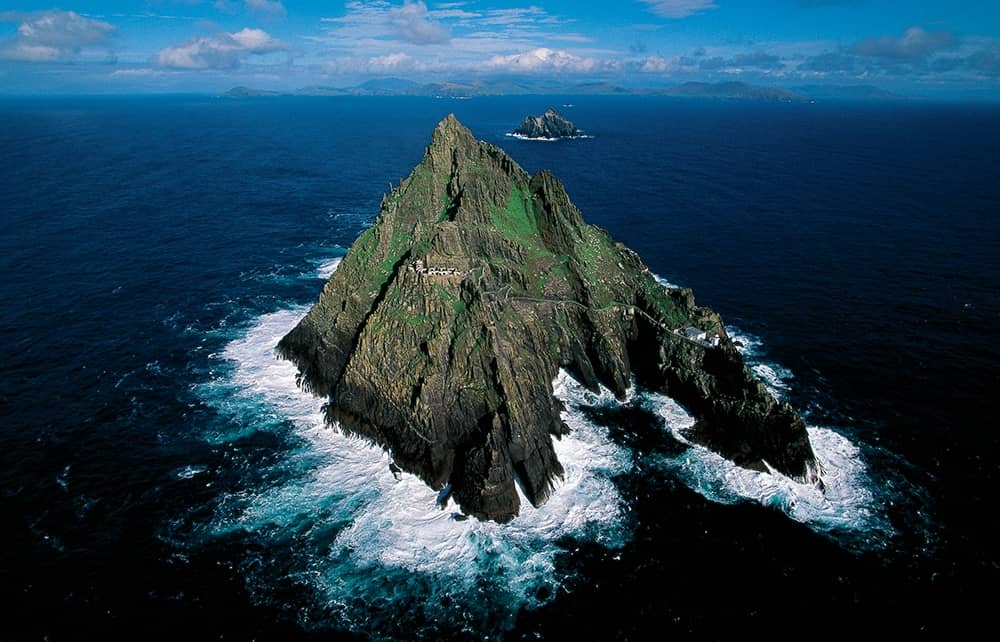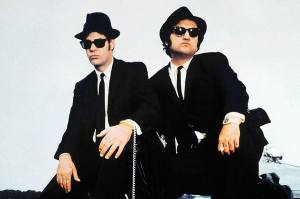I used to envy Catholic novelists — Graham Greene, Muriel Spark, François Mauriac — as having that extra point of view, namely eternity. The Irish-Canadian novelist Emma Donoghue doesn’t entirely qualify as a Catholic writer, even though she’s on record as saying she’s currently obsessed with Catholic theology, specifically Purgatory, but there’s a thread of Catholicism (particularly the Irish variety) in many of her books. Also, it has to be said that she’s frightfully good at suffering and endurance. I thought this when reading her 2020 novel The Pull of the Stars, set in the 1918 flu epidemic, and Haven is no exception.
This must surely be her most Catholic novel. Set in the 7th century, a holy man called Artt has a dream vision directing him to “withdraw from the world, set out on a pilgrimage with two companions,” find an island and found a monastic retreat. He picks two monks — one old, Cormac, a storyteller, and one young, Trian, a musician — and off they sail. Three Men in a Boat it is not, Artt being ‘zealous for all hardships’.
Many of Donoghue’s novels are historical or, like Room, sparked by a contemporary event (the story of Josef Fritzl, who held his daughter captive). Haven is different in that the historical element is the place — Skellig Michael, an early monastic site, an island full of birds off the south-west coast of Ireland — rather than a specific event. The island reflects a common feature of Donoghue’s novels: confinement. Room is an obvious example, while The Pull of the Stars is set in a small maternity flu ward in Dublin and The Wonder in a cabin.
Occasionally, Haven gave me the notion I was reading a “How-To” book. How to survive in the wilderness. How to make a fire without timber. How to build a hut (when Artt at last allows it) or an altar or a chapel with minimal tools. How to cut and stretch vellum, make ink from one’s blood or copy out a psalm by rush light.
Donoghue is strong on research, but perhaps less so on character. At first the suspense rests on Artt, who believes “pain’s a privilege, a gift of grace.” Is he a saint or a lunatic? Then it turns to Cormac and Trian and their vows of obedience. How far are they to be tested? Might they rebel? And where is God in all this? Terrible things are done to the birds. And to the monks. There’s an unexpected and just about credible twist at the end.
As Greene, Spark and Mauriac knew, the Catholic novel provides a perfect confined space in which to examine, love, faith, grace and, in this one, friendship.
This article was originally published in The Spectator’s UK magazine. Subscribe to the World edition here.


















